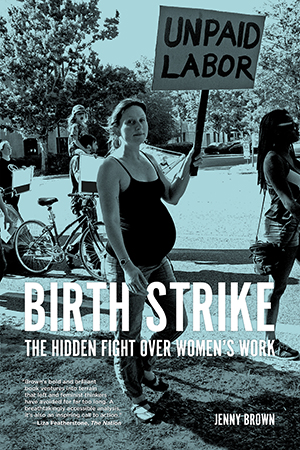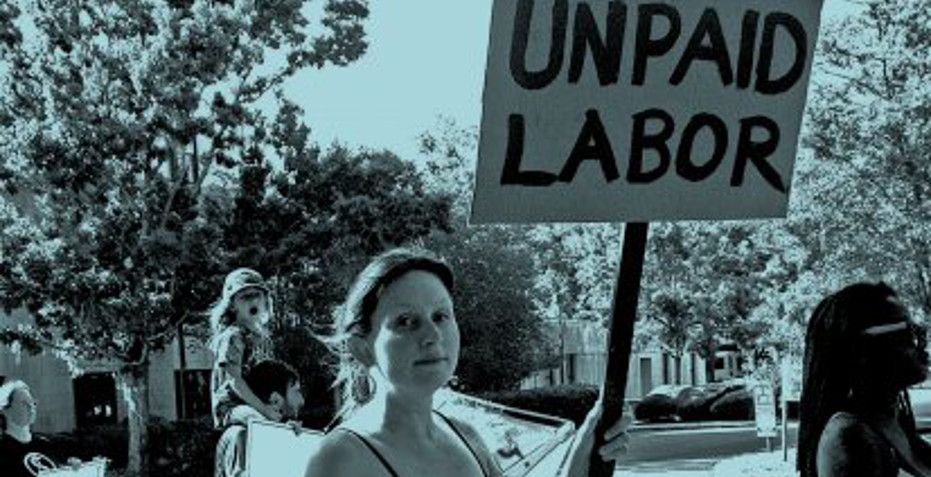By Ron Jacobs
Counterpunch
May 3rd, 2019

In recent months, statements by two very different politicians regarding the act of bearing and raising children have caused a fair amount of controversy. The first comment was from Congressperson Alexandria Ocasio-Cortez who remarked that many people in her generation were hesitant to bring children into a world facing possible climate catastrophe. Her comment was immediately taken out of context by certain right-wingers who pointed to it as a prime example of generational selfishness. A few weeks later, Senator Mike Lee from Utah, also talking about climate change, argued that the way to “fight” climate change was to have more babies. This comment was immediately challenged and mocked by many of the same media outlets which had supported Ocasio-Cortez’s musings.
The debates over having children represented by the statements of these two politicians is more than just a soundbite or a subject to ridicule according to one’s political opinion. Individuals and societies alike should include the nature of potential futures when they consider their choices as individuals to have children and, as a society, to encourage members to have children. Yet, most advanced capitalist societies (and any less advanced) have seen their birth rates diminish the past couple of decades. At minimum, a birth rate of 2.1 children per woman is considered essential for a stable population. Yet, in the US and other nations, the current birth rate is below this number.
The response to this statistic has varied depending on the nation. Some European nations with a recent history of social democracy already with universal and affordable health care have expanded maternal and paternal leave, greatly subsidized childcare, and even provided an income to mothers raising children and not working outside the home. Other nations, most notably the United States, have chosen a route that makes contraception of all sorts more difficult to obtain, especially abortion. In other words, a woman who has sex without the purpose of procreation is punished and potentially forced to bear a child she does not want.
Despite all this, women are still not having children like they used to. In other words, according to author Jenny Brown in her new book Birth Strike: The Hidden Fight over Women’s Work, women are staging a birth strike—they are refusing to have children. Making the reasonable contention that societies need to maintain a stable birth rate for economic and other reasons, Brown examines the current and historical landscape of childbearing, with a particular focus on the United States. In her telling, she examines traditional arguments concerning the continuous attacks on contraception by various religious factions and political groupings. In this examination, she points out that while those guardians of the public morality who were on the frontlines in keeping birth control illegal may have been doing so for religious reasons, they were also shoring up the private understanding of various capitalists that their increasing profits depended on an ever-larger supply of laborers.
At the same time, author Brown points out that it is not an occasional overabundance of workers that keeps wages down, nor is that overabundance the reason for capitalist recessions and depressions. Even though this is a commonly held view fostered by capitalist theorists as old as Adam Smith, Brown points out that Karl Marx refuted this argument easily. Firstly, he noted that capitalism requires boom and bust cycles to control overproduction. Such cycles occurred every ten or so years in Marx’s time: certainly not enough time to reproduce another generation of workers to enter the work force and thereby keep wages low. Brown concurs with Marx, quoting him, “The general movements of wages are exclusively regulated by the expansion and contraction of the industrial army…not…by the variations of the absolute numbers of the industrial reserve army….” In other words, capitalism makes certain that there are always enough unemployed workers to ensure that wages do not cut into the surplus value of labor that the capitalist class counts on for its profits.
Birth Strike is bold in its attack on the way US society portrays the act of childbearing. Instead of portraying it as a social activity essential to the continuation of society, author Brown argues that among the so-called middle class this activity is almost perceived as a luxury; almost as another form of entertainment. Given the cost in the United States throughout the childrearing process, this perception is understandable. However, points out Brown, it is not an accident. Indeed, it is as intentional as the impoverishment of many public school systems and their replacement with essentially privatized charter schools. Under capitalism, an act which should be a perfect compromise between the individual and society has become privatized, with consequences for all, especially the children, especially in working class situations. Parenting services which other governments have socialized—health care, education, childcare, parental leave—are mostly left up to the individual parent or parents in the United States. Little or no tax monies are diverted away from military and other expenditures designed to enrich the already wealthy. At the same time, women of childbearing age are usually forced to quit their jobs once a child comes along precisely because they can’t afford to work and pay for privatized child care. In examining the place of children under capitalism and its manipulation of this fundamental human activity, she makes quite clear how having children is a political act with consequences. So, then, is refusing to have them.






